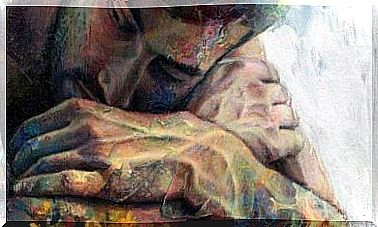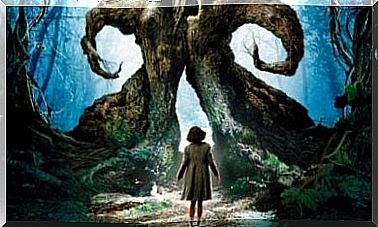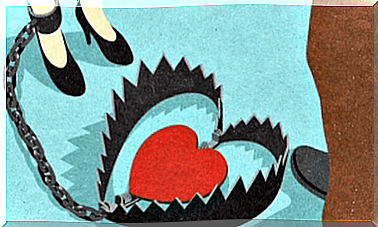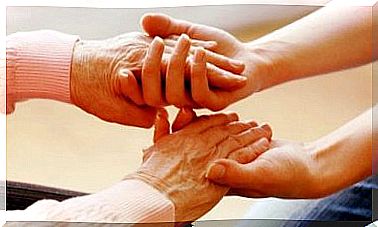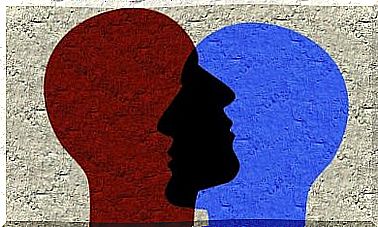Science Of The Soul Or Science Of Conduct?
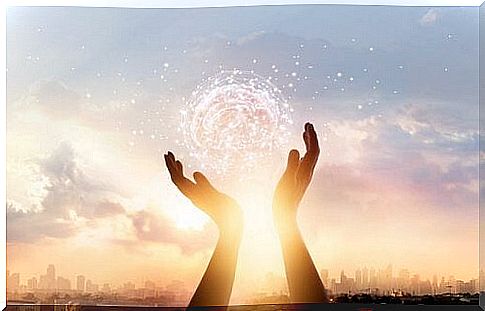
The concept and subject of psychology have changed throughout history. After an evolution lasting more than a century, it is no longer considered a science of the soul, but a science of conduct.
Science of the soul or of conduct? Current psychology hasn’t changed just in definition. The methods and the relationship between the specialist and the patient have also changed.
Throughout history, various currents and interpretations of psychology have followed one another. Born as a science of the soul, it then focused on other aspects of the individual.
Nowadays, psychology is also associated with the pharmaceutical field, but this has not always been the case. For many centuries the study of mental life has represented only the study of the soul, that is, of our deepest essence.
Psychology: science of the soul or mental life
The two Greek words that make up the term psychology are: psyche (soul, in the classical sense of the term) and logos (speech). From the etymological point of view, the term therefore means science or study of the soul.
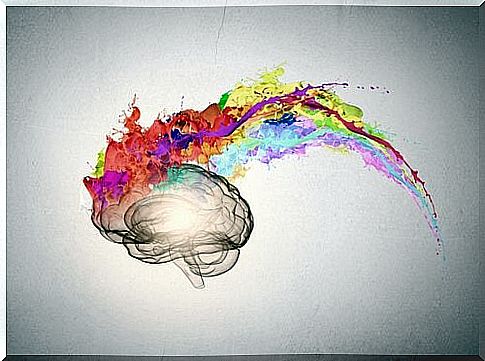
Psychology has existed since man began to ask himself the first existential questions. The history of psychology is therefore linked to the history of humanity. In reality, when he began to move towards a dimension other than introspection, a separation occurred.
Towards the end of the 19th century, psychology passed from a science of the soul to a science of mental life. He stopped dealing with spiritual problems and began to investigate the phenomena of the mind. It was in this period that the first workshops were born.
At that time, William James (1842-1910) defined psychology as the science of life, phenomena and conditions of the mind. Thus, psychology focused on the inner experiences of consciousness and the study of feelings and sensations.
From the science of mental life to the science of behavior
Psychology hasn’t stopped evolving . The next stage is the transition from the science of mental life to the study of human conduct. Psychologists sought information based on conscious experiences. Through the patient’s “experience” they observed the relationship to the responses coming from the different external stimuli.
Consequently, towards the first half of the twentieth century, the concept of psychology was definitively associated with conduct. The change was promoted by a group of psychologists called “behaviorists”. According to these scholars, only the external behaviors of man in relation to the stimuli that reach him are observable. Therefore, thoughts cannot be studied.
Back to basics: psychology as a science of behavior
In the 60s of the last century, psychology recovered the studies on unconscious processes. Cognitive psychology began to study the processes carried out by the mind in order to process information and the definition was also revised. Thus the first models of information processing appeared and psychology became the science of mental processes.
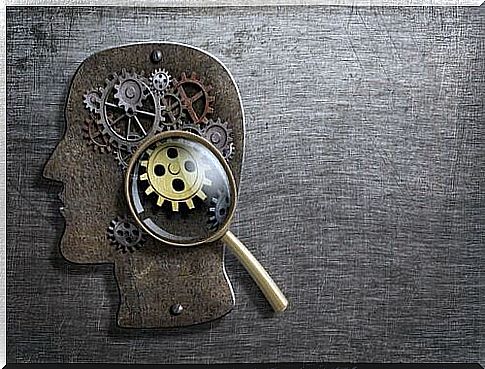
At this point, it is important to point out that the terms conduct and behavior are synonymous. While they have some different nuances, they can both be used in colloquial language. Behavior refers to our way of existing in the world, and includes two dimensions: the external and the internal. The first is observable, while the second is intimate and private. Conduct refers, on the other hand, above all to visible behavior, the external one. Finally, the term consciousness is used when referring to internal behavior.
Current definition of psychology
Defining current psychology as the science of conduct and mental processes, even if correct, can be reductive. Modern psychology goes further, tries to explain how the human being feels, perceives, learns, communicates and solves problems. On the other hand, social or group influence have also become essential aspects.
Nowadays the goal of psychology is to explain, measure and understand the nature of a person. What are its motivations? How can his intelligence be perturbed? It deals with the emotional and mental aspects that affect the human being. But it also studies personal, social, individual and group problems.
We can therefore say that the current definition of psychology as a science is very broad. This is because its focus and object of study have expanded. In conclusion, it is possible to describe psychology as the study of the conduct of the individual and his mental processes, including the inner dimension and the influences of the physical and social environment.


